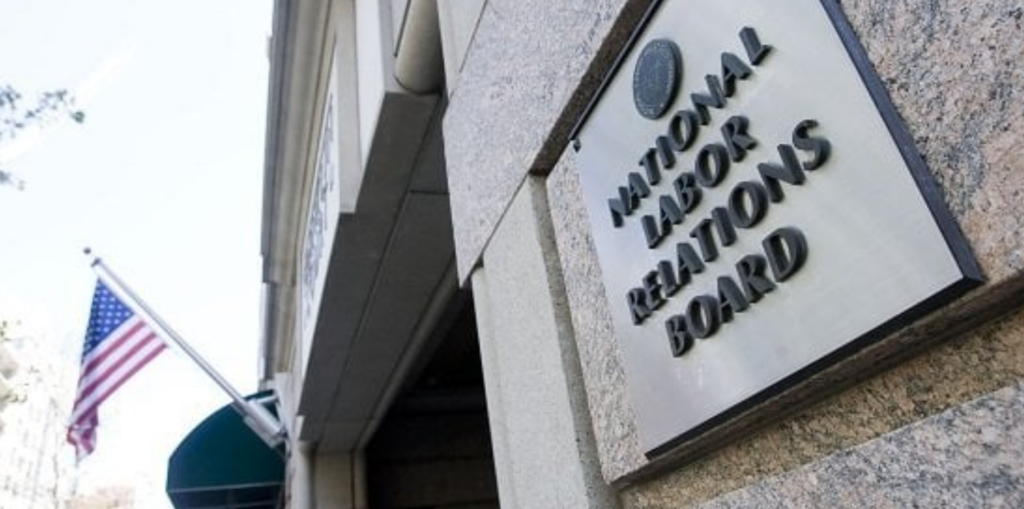On December 13, 2022, the National Labor Relations Board (“NLRB”), by a 3-2 majority, issued a very “consequential” decision in the case of Thryv, Inc. and International Brotherhood of Electrical Workers. Like the ALRB, the NLRB’s standard remedy for unlawful terminations include backpay directly related to lost payroll and fringe benefits. With the new ruling, in an effort to “ensure that affected employees are made fully whole,” the NLRB will now order compensation for affected employees for “all direct or foreseeable pecuniary harms” that employees suffer as a result of unfair labor practices. These will include things like medical expenses that employees have to pay out of pocket because they lost health insurance due to an unlawful termination.
In this case, the employer (Thryv, Inc.) decided to eliminate a lower-level position and terminated six employees. The union requested information on market data to bargain for alternate positions for the terminated employees and also attempted to bargain for a successor agreement. Thryv never provided the requested information and terminated the employees prior to meeting and conferring. The NLRB found that Thryv laid the employees off in bad faith, both due to its failure to provide requested information for the union’s counter proposals and due to Thryv making “unilateral changes” by eliminating a position during the pendency of bargaining a successor agreement.
The three Democrat appointed NLRB judges ordered Thryv pay the terminated employees backpay and any other expenses the employees incurred as a direct or foreseeable result of the termination, including “reasonable search-for-work and interim employment expenses.” The two dissenting Republican members of the Board argued the new standard is too broad and opens the door to speculative damages as the standard does not provide how long the chain of causation may stretch from unfair labor practice to “foreseeable losses.” Additionally, they argued that calculating these consequential damages will make compliance proceedings unnecessarily long and delay workers from getting back pay.
There is no word from Thryv’s attorneys yet, but we expect they will appeal this decision to the United States Court of Appeals.
What This Means for Employers:
If this decision survives any prospective appeal and becomes the NLRB’s new standard, it is expected that the ALRB will eagerly follow suit and begin issuing decisions to include future consequential damages in their damage calculations. This is another reminder that employers must ensure compliance with the National Labor Relations Act and Agricultural Labor Relations Act, depending on which law covers their operations. Further, employers should be mindful that they are subject to the NLRA/ALRA regardless of whether they employ a unionized workforce or not.
The goal of this article is to provide employers with current labor and employment law information. The contents should neither be interpreted as, nor construed as legal advice or opinion. The reader should consult with Barsamian & Moody at (559) 248-2360 for individual responses to questions or concerns regarding any given situation.
Author: Pat Moody with Barsamian & Moody


